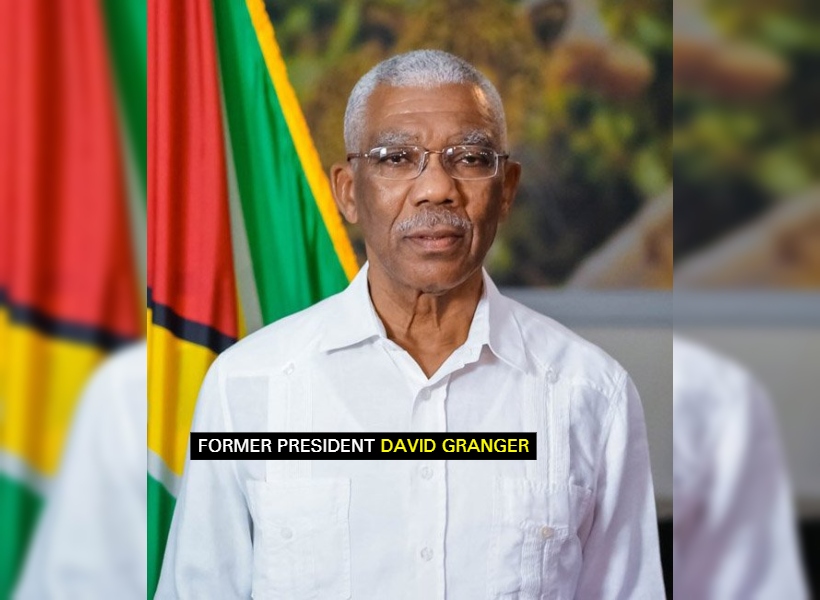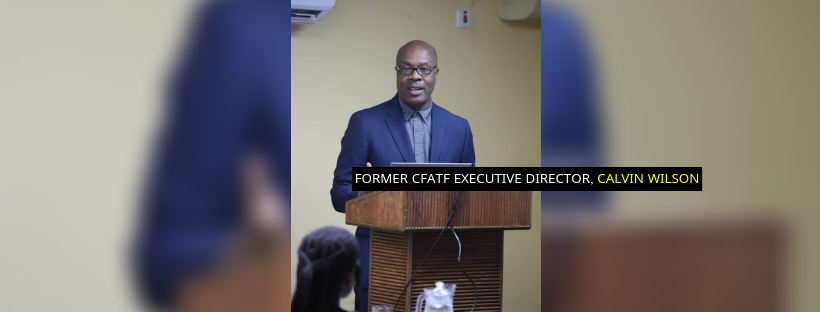Poised to become an oil producer as early as this year-end, Guyana should do its best to avoid finding itself back under the active review of the Caribbean Financial Action Task Force (CFATF) since this could lead to the country becoming blacklisted.
This was recently noted by former CFATF Executive Director Calvin Wilson as he answered questions at the end of a presentation made at a capacity building workshop. The workshop was facilitated by the Guyana Press Association (GPA).
Despite being removed from the blacklist a few years ago, Guyana is still feeling the squeeze from being on the list in the first place. Banks have been pulling out and some business owners still complain of the “stress” that they have to endure when attempting certain transactions.
Wilson told the media that the effects of being blacklisted would be felt even more by an oil-producing country.
He noted that it would be wise to ensure that all the arms of Guyana’s anti-money laundering framework are functioning well.
Wilson said, “If it were to be the case that Guyana were to be deemed high-risk and put on any of the blacklist for not adhering to international financial standards, then it will be difficult for companies to repatriate their profits.”
This can be a deterring factor for potential investors, not only in the oil industry. Guyana also plans to sell its oil on the competitive market but this ambition can be made very difficult to achieve if the country is placed on the blacklist, resulting in a hampering of bank to bank transactions for payments.
Further, countries are generally advised not to do business with nations that have been blacklisted.
The former CFATF Executive Director said Guyana has to adequately prepare itself for the next on-site assessment.
He told the media, “The assessment will have implications for the country’s reputation, its ability to attract and retain foreign direct investments, and for ordinary citizens to engage with the international financial system.”
Already, it has been pointed out that one of the important links in Guyana’s chain-like anti-money laundering framework — the Special Organized Crime Unit (SOCU) — is not functioning as it should.
Within the AML/CFT structure, commercial banks are named reporting agencies. These banks are mandated to make reports of suspicious transactions to their regulator, the Bank of Guyana. In turn, the Central Bank is required to prepare and submit reports to the Financial Intelligence Unit (FIU). FIU does its assessments and submits reports to SOCU for further investigations, if needed, and for SOCU to pursue prosecutions.
SOCU is essentially the last link in a comprehensive chain-like framework to counter money laundering and the financing of terrorism. But it consistently fails to do its part. Just last month, the Guyana Standard reported that the FIU sent 21 cases of suspicious transactions to SOCU but not a single prosecution was made.
Coupled with its inability to secure a single prosecution, SOCU has been plagued by scandals and illegal activities over the past few years. To add salt to the proverbial wound, SOCU was recently under investigation; the findings were damning and included falsified records and misused funds.











